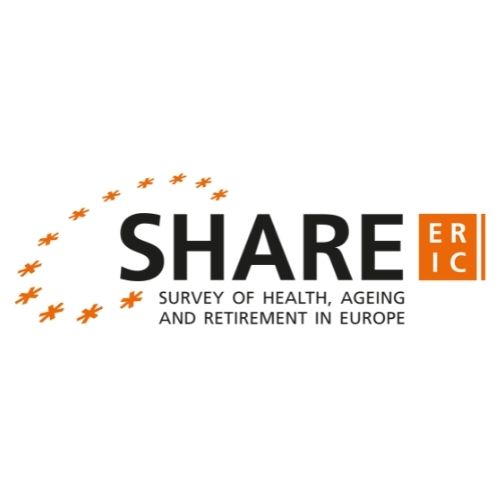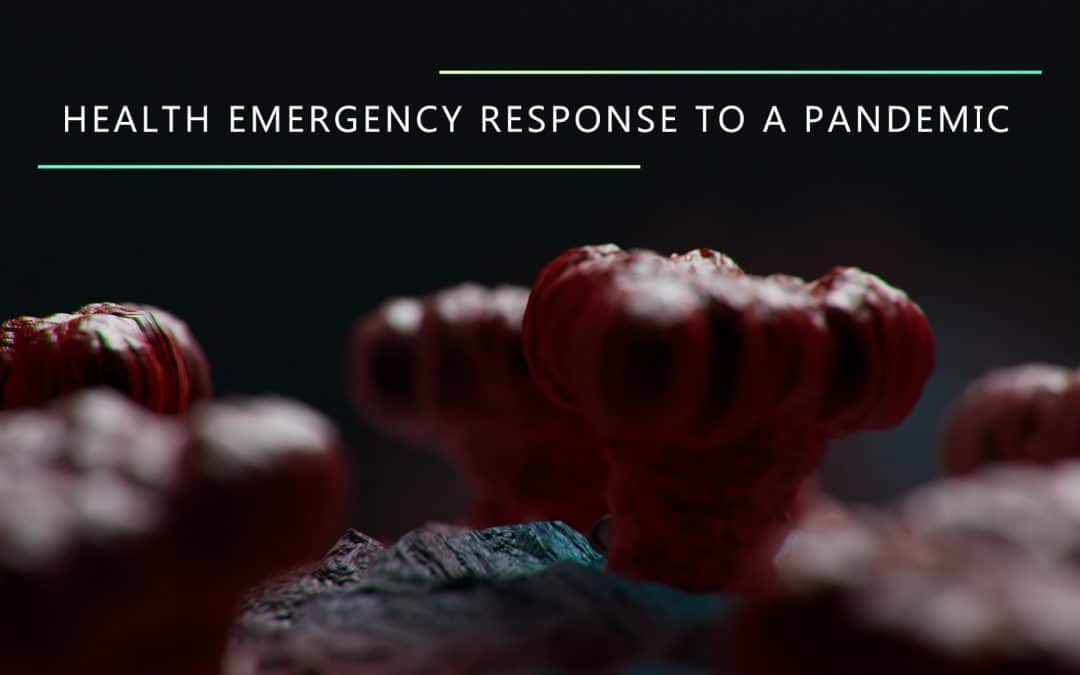Cooperation with European institutions and related EU-funded research projects
HERoS regularly participates in the research to policy seminars organised by DG SANTE. The project also provided feedback with views to the establishment of the European Health Emergency Preparedness and Response Authority (HERA).
HERoS collaborates with a number of similar EU-funded projects by sharing information and contributing to the dissemination of results.
EpiPose: Epidemic intelligence to minimize COVID-19’s public health, economic and social impact in Europe
 The consortium consists of 6 partners in 5 countries (BE, NL, UK, CH, IT) who provide complementary expertise in mathematical and statistical modelling of infectious diseases, participatory surveillance systems, living systematic reviews, and health economic analysis and have a strong international public health network. The consortium is led by Professor Niel Hens at the University of Hasselt.
The consortium consists of 6 partners in 5 countries (BE, NL, UK, CH, IT) who provide complementary expertise in mathematical and statistical modelling of infectious diseases, participatory surveillance systems, living systematic reviews, and health economic analysis and have a strong international public health network. The consortium is led by Professor Niel Hens at the University of Hasselt.
EpiPose provides urgently needed answers about the epidemiological characteristics, social dynamics and economic impact of COVID-19; also assessing the public health preparedness and response to the pandemic. EpiPose aims to deliver rapid results, under the following objectives:
- To collect and share epidemiological data of SARS-CoV2 as widely as possible;
- To provide country-specific estimates of key epidemiological parameters;
- To model the expected impact of SARS-CoV2 on morbidity and mortality;
- To monitor awareness and behavioural change during the COVID-19 pandemic;
- To provide health economic analyses for interventions within the EU;
- To foster the interaction between the scientific community, public health agencies and the public through making research data, code, tools and results publicly available and actively communicating with policy makers, other scientific groups and the general public.
ORCHESTRA: Connecting European Cohorts to Increase Common and Effective Response to SARS-CoV-2 Pandemic

ORCHESTRA provides an innovative approach to learn from the pandemic SARS-CoV-2 crisis and derive recommendations to further management of COVID-19 and be prepared for the possible future pandemic waves. The ORCHESTRA project aims to respond to this need through the creation of a new pan-European cohort built on existing and new large-scale population cohorts in European and non-European countries.
The knowledge gleaned from the study of these cohorts will inform European strategies with regards to:
- effective protection of fragile populations in Europe (e.g children, pregnant women, the elderly, solid organ transplant recipients, Alzheimer patients, oncological patients, Parkinson disease patients, patients with mental illness, HIV positive subjects);
- reduction of the risks for frontline health care staff;
- longer-term consequences of COVID-19 on the health and well-being of individuals;
- immune responses induced by vaccines and breakthrough infections and reinfections by population, virus variants and type of vaccine;
- impact of environmental factors, socioeconomic determinants, lifestyle and confinement measures on the spread of COVID-19;
- markers of disease severity from human (epi)genetic, immunological, microbial, and viral features;
RESISTIRE: Responding to outbreaks through co-creative inclusive equality strategies and collaboration

RESISTIRÉ is an EU-funded project that aims to research the gendered inequalities caused by the policy responses to the COVID-19 pandemic and provide solutions for a fairer recovery.
For two years starting in April 2021, ten European partners and a network of national researchers will collect and analyse qualitative and quantitative data on 27 EU states, the UK, Serbia, Iceland, and Turkey, producing extensive knowledge on policy and societal responses to Covid-19 and translating it into operational insights.
RESISTIRÉ stands out for its innovative co-creation approach, which engages stakeholders from civil society as both research subjects and active co-designers of solutions and enables a swift release and implementation of outcomes.
RESPOND: Improving the Preparedness of Health Systems to Reduce Mental Health and Psychosocial Concerns resulting from the COVID-19 Pandemic

The direct health effects of COVID-19 have been thoroughly documented. Nonetheless, the health crisis has also revealed important indirect consequences on people’s well-being and mental health. The rush to meet the challenge of the pandemic has left significant gaps in how public healthcare deals with these effects. The EU-funded RESPOND project aims to accurately identify vulnerable groups – including healthcare workers – affected by the pandemic and to evaluate the impact on mental health and well-being. Additionally, the project will address the mental health needs of vulnerable groups by implementing low-intensity scalable psychological programmes and will provide policy recommendations to inform future containment measures, improving quality of life on all levels during the health crisis.
SHARE-ERIC: Survey of Health, Ageing and Retirement in Europe

About SHARE-ERIC
SHARE, the Survey of Health, Ageing and Retirement in Europe, is a research infrastructure for studying the effects of health, social, economic and environmental policies over the life-course of European citizens and beyond. From 2004 until today, 530,000 in-depth interviews with 140,000 people aged 50 or older from 28 European countries and Israel have been conducted. Thus, SHARE is the largest pan-European social science panel study providing internationally comparable longitudinal micro data which allows insights in the fields of public health and socio-economic living conditions of European individuals, both for scientists and policy makers. SHARE has global impact since it not only covers all EU member countries in a strictly harmonized way but additionally is embedded in a network of sister studies all over the world, from the Americas to Eastern Asia.
About SHARE – COVID19
The overarching objective of the SHARE-COVID19 project is to understand the non-intended consequences of the epidemic control decisions and to devise improved health, economic and social policies.
The project aims to
- identify healthcare inequalities before, during and after the pandemic,
- to understand the lockdown effects on health and health behaviours,
- to analyse labour market implications of the lockdown,
- to assess the impacts of pandemic and lockdown on income and wealth inequality,
- to mitigate the effects of epidemic control decisions on social relationships and
- to optimise future epidemic control measures by taking the geographical patterns of the disease and their relationship with social patterns into account
- as well as to better manage housing and living arrangements choices between independence, co-residence or institutionalisation.
SHARE-COVID19 pursues a transdisciplinary and internationally comparative approach by exploiting the data sources of the SHARE research infrastructure. It covers all EU Member States. The Max Planck Society is responsible for the project coordination. The project has started on 1 November 2020 and will end on 30 October 2023.
unCoVer: Unravelling Data for Rapid Evidence-Based Response to COVID-19
 unCoVer is a functional network of 29 partners capable of harvesting real-world data derived from the response and provision of care to COVID-19 patients by health systems across Europe and internationally.
unCoVer is a functional network of 29 partners capable of harvesting real-world data derived from the response and provision of care to COVID-19 patients by health systems across Europe and internationally.
These real world data comprise mostly information from electronic medical records from front line hospitals, as well as national surveillance data, registries, and integrate information from over 300,000 COVID-19 patients initially, and anticipated to increase as databases are being updated on a continuous basis. Studies into patient’s characteristics, determinants of diseases prognosis, and safety and effectiveness of treatments and potential strategies against COVID-19 in real world settings, are envisioned to complement findings from efficacy/safety clinical trials where vulnerable populations, those most at risk of severe COVID-19, are often excluded.
unCoVer’s ultimate goal is to bring together European and international expertise to monitor, identify, and facilitate the access and utilization of this type of data, identifying knowledge gaps, and underrepresented populations, and proactively seek synergies with complementary existing and planned clinical databases.


